Nation’s police officers say federal gun database is essential for safety
A national firearm register should include intelligence about licensed gun-owners who have been identified on social media as ‘police-haters’ or sovereign citizens.
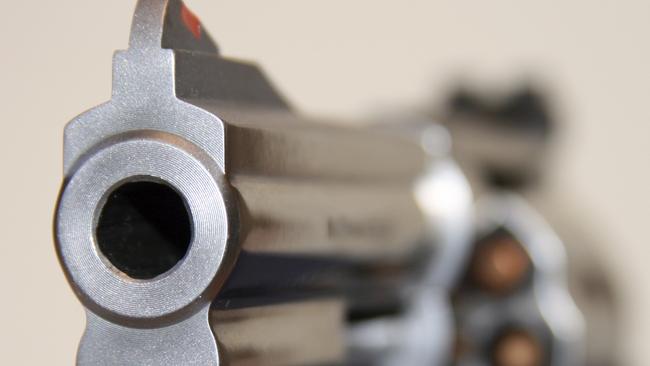
A national firearm register should include intelligence about licensed gun owners identified on social media as “police-haters” or sovereign citizens, and trace stockpiling of ammunition, gun parts and magazines, according to the nation’s police officers.
In a submission to federal Attorney-General Mark Dreyfus’s consultation about the proposed database, Police Federation of Australia CEO Scott Weber urged that all criminal and intelligence history of a licensed gun owner be contained in the new system.
“In particular for law enforcement purposes, any firearms licence holder’s information should be linked to criminal and intelligence history of the individual. eg links to Sovereign Citizen posts, police haters etc, which would provide the capability of inter-jurisdictional information including alerts around rejected, suspended or cancelled licences,” the submission from the PFA, which represents 66,029 officers, reads.
All Australian governments again committed to setting up a national firearm register – first agreed to after the 1996 Port Arthur massacre – in the wake of the shooting of two police officers and a good Samaritan neighbour on December 12 last year at a remote property at Wieambilla in southern Queensland.
Target on Guns
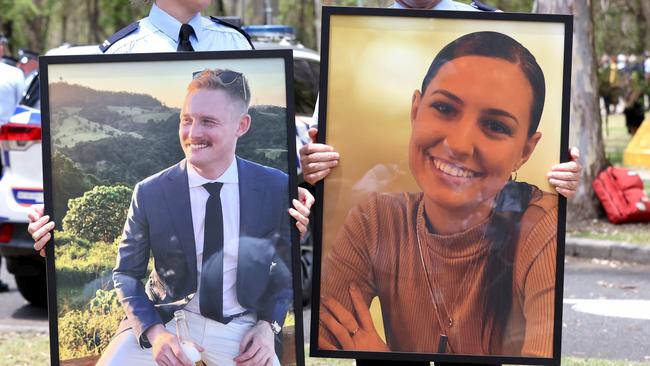
Extremists, crims, AVOs on guns register
A $250m national firearms register will have access to criminal records and family violence orders alongside details of guns and firearm licence holders.
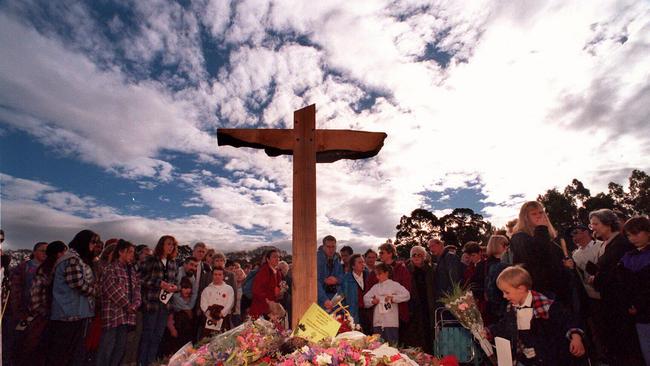
Firearms register win, as FBI nabs cop killers’ US contact
Twenty-seven years after it was first agreed following the Port Arthur massacre, Australia’s leaders sign a historic deal to introduce a national gun registry.
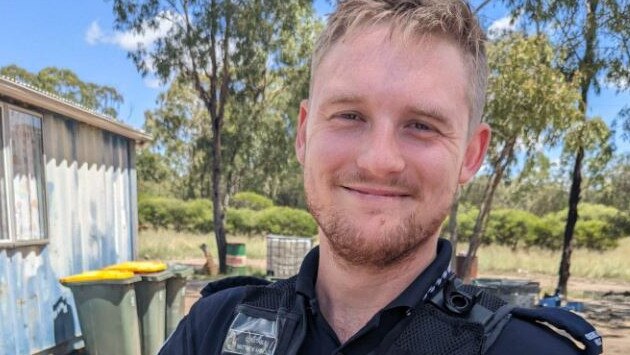
Nation’s leaders urged to do deal on gun register
Police and gun safety advocates urge premiers, PM to ‘show some fortitude’ on firearms ahead of the anniversary of the Wieambilla police murders.
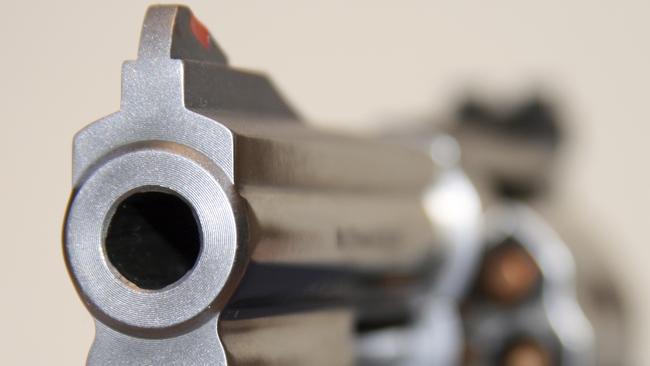
‘Red-flag cop-haters, sovereign citizens’ on firearm register
A national firearm register should include intelligence about licensed gun-owners who have been identified on social media as ‘police-haters’ or sovereign citizens.
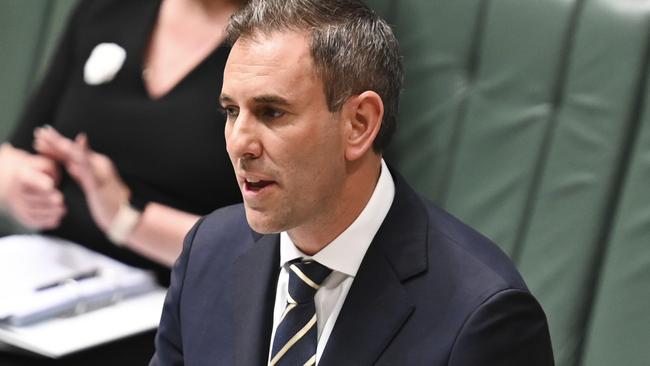
Fight over cash derails register
The national guns register has hit an 11th-hour roadblock with a blow-up between state and federal treasurers derailing plans to finalise a funding deal.
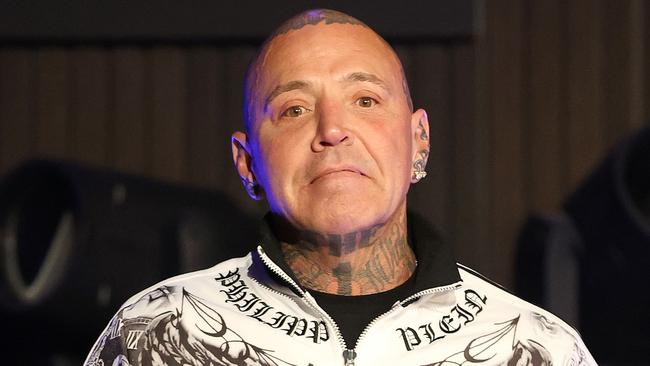
Delays give high-risk suspects 41-day start
No money, competing priorities: Victoria Police delays give high-risk suspects 41 days grace period before firearm prohibition orders are served.
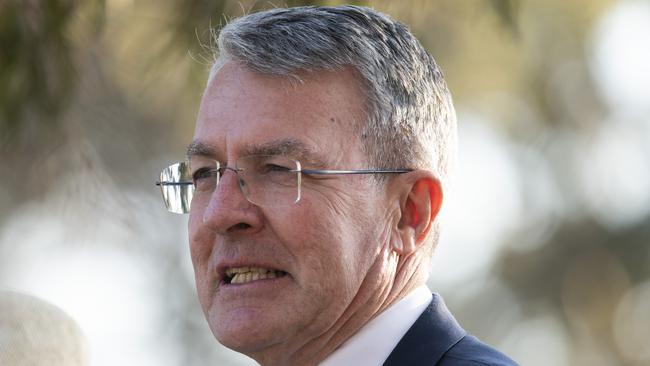
Firearms register ‘now within range’
Gun safety advocates say Australia’s state, territory, and federal governments have ‘never been closer’ to a deal on a national firearm register, 27 years after the Port Arthur massacre that first prompted calls for the database.
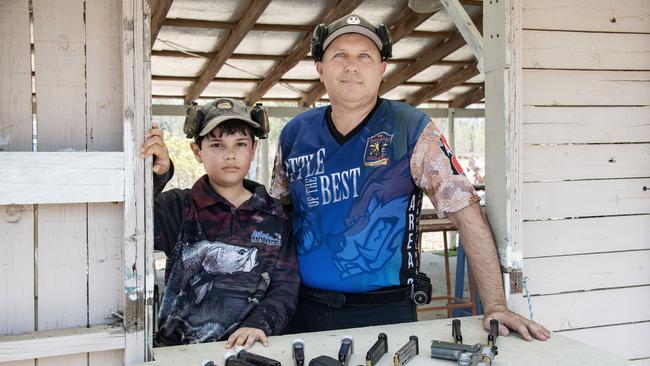
Young shooters aim for sporting success
Sport for some kids involves a ball or a racquet, but 12-year-old Quinn Coates-Marnane much prefers a pistol. The Cairns schoolboy is one of a growing number of children learning how to shoot competitively.
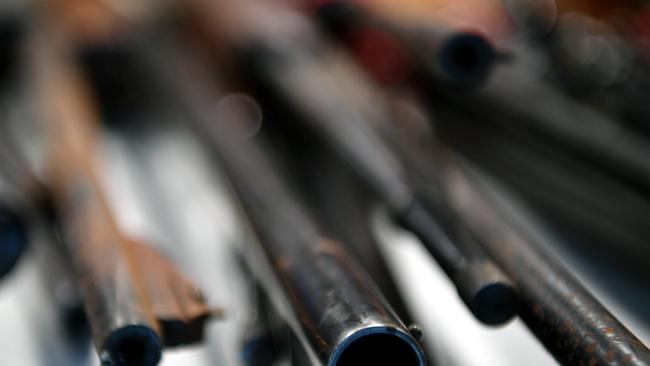
‘Ridiculous’: Police slam failure to act on guns register
An Australian-owned and operated company built New Zealand’s new national firearms database, prompting police advocates to ask why the same can’t be used domestically.

Victoria cries poor on guns, asks Canberra for help
Victoria has joined smaller jurisdictions asking Canberra for financial assistance to upgrade old state firearms registers to make them compatible with a real-time digital national gun database.
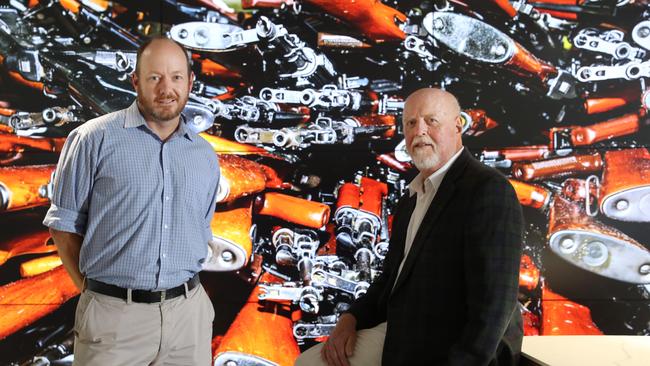
Aussie-made arms register controls guns abroad – why not here?
A low-cost simple-to-use system known as ArmsTracker is operational or being installed in countries across the globe. But its creators say it wouldn’t suit Australia because ‘they wouldn’t trust anything less than $2m’.
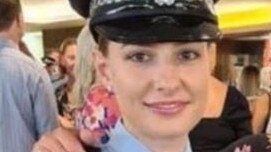
$30m slug to sign up to firearms registry
Smaller states and territories could be slugged with a bill of $30m each to join a national firearms register and are increasing pressure on the federal government to pay for the new digital guns database.
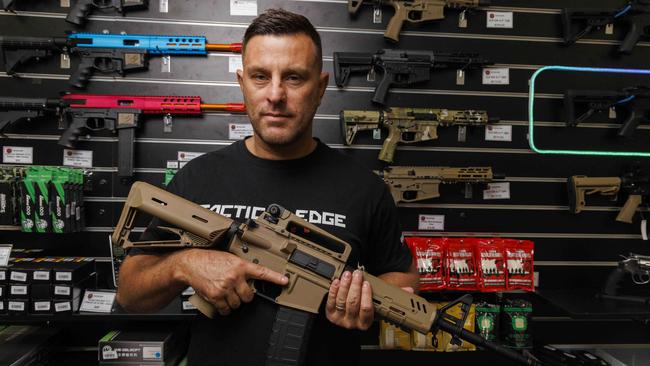
Pressure on state to ban replica ‘gel blasters’
Gun control advocates urge Queensland to follow the rest of Australia and ban gel blasters instead of labelling them toys.
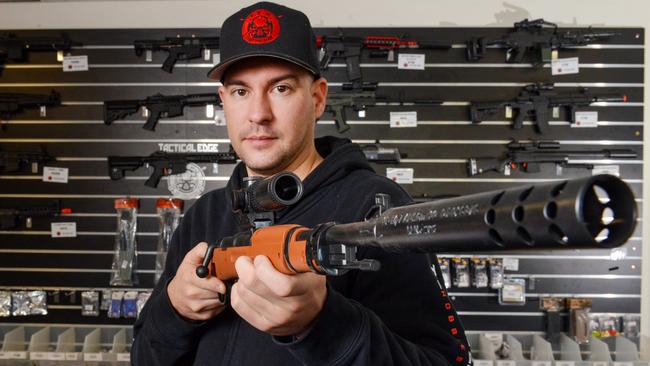
20 years’ jail for firing this ‘toy’? It’s ludicrous, blasts judge
In every other jurisdiction except Queensland you need a gun licence to wield this recreational weapon. Has the rest of the country got it wrong?
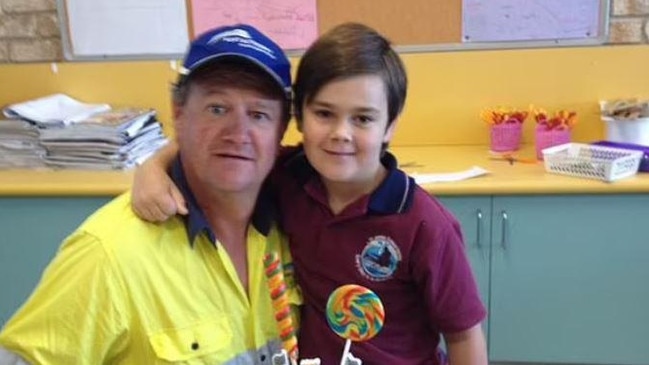
States resist health check for licences
Every state and territory except WA is resisting calls from coroners and advocates to introduce mandatory mental health checks before gun licences are granted.
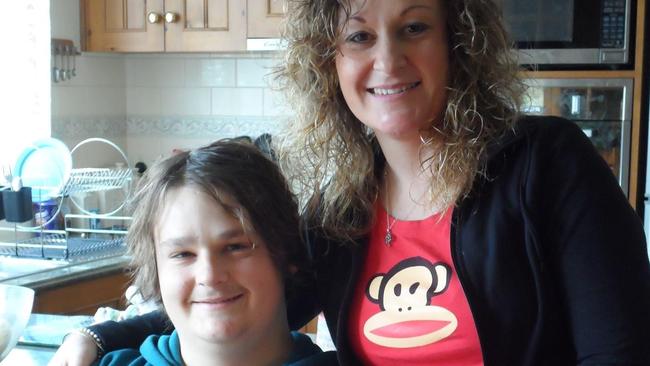
Grieving mother’s lament: Why did police let my son have a gun?
Just days after his 20th birthday, Robbie Lawrence unlocked his double-barrel 12-gauge shotgun from his father’s gun safe, drove to a remote bush track in regional Victoria, and killed himself.
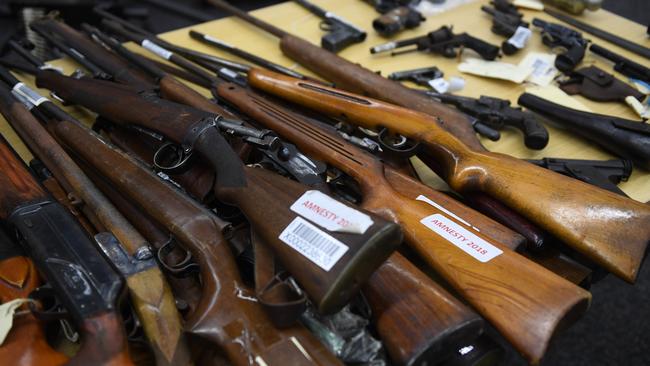
Legal guns near four million in Australia
The number of registered guns in Australia approaches four million for the first time, but ownership rates remain low, with a 48 per cent decline since the National Firearm Agreement in 1996.
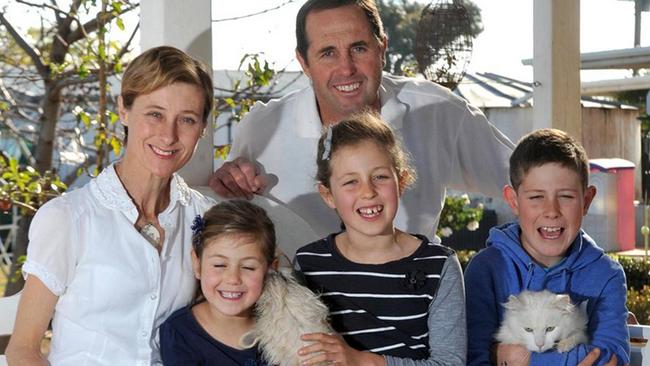
The forgotten victims of legal guns
Children, grandchildren and partners are the main victims of homicides carried out by licensed shooters, as lawful gun owners turn their registered weapons on those to whom they are closest.
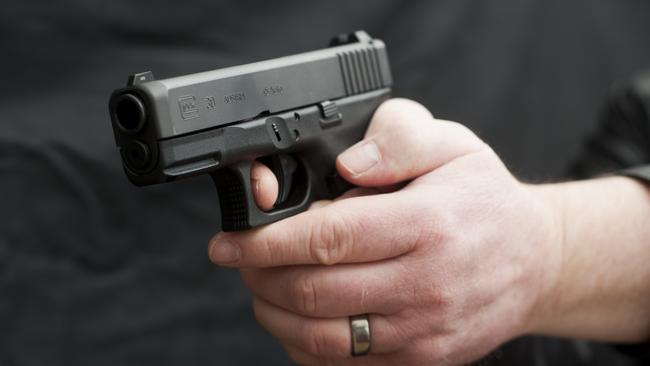
Coroners warn on shooting range suicides
Most of the nation’s shooting ranges are not required to install bulletproof barriers or lifesaving tethers for guns used by unlicensed shooters, despite coroner warnings after the suicides of at least 11 people.
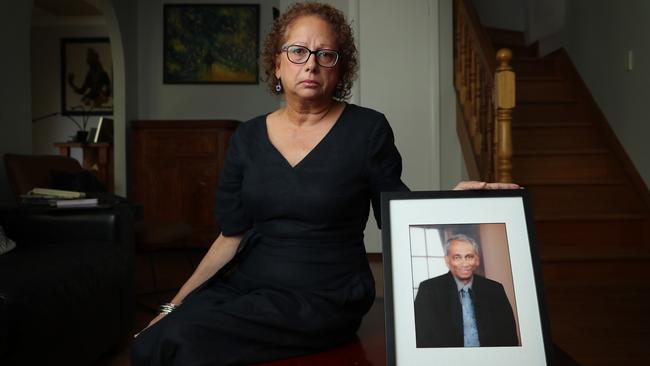
Shockwaves after daughter lures her dad to a violent death
It’s been 13 years since Di Bonarius’s sister shot their beloved father dead after stealing a gun from a pistol club, but the traumatic aftershocks of the violence are still shaking her family.
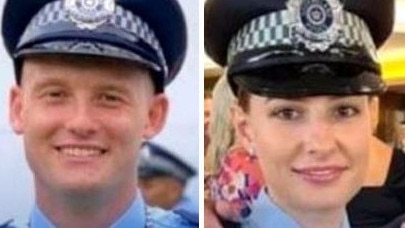
Inquest costs met for cops’ families
The families of the two murdered officers will have union-funded lawyers to represent them at the inquest, as one family expresses concern about some actions of Queensland police.
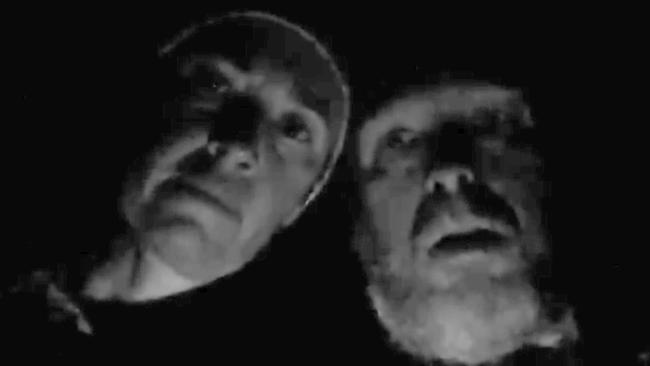
Christian extremist terror hit not enough to deliver gun register
Nearly a year after constables Matthew Arnold and Rachel McCrow and good Samaritan Alan Dare were gunned down at Wieambilla, bureaucratic inertia and a fight over funding has stalled the process.
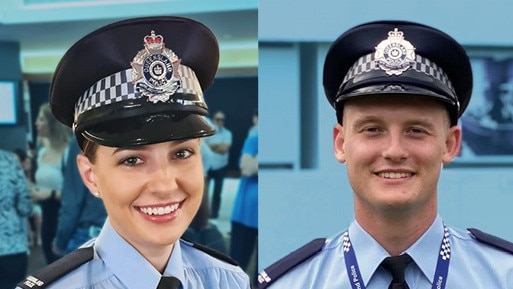
Young cop’s execution caught on body cam
Sniper’s lairs, battery-powered security cameras, and the cold-blooded execution of a young constable captured by her own body-worn camera: what really happened during the bloody Wieambilla ambush.
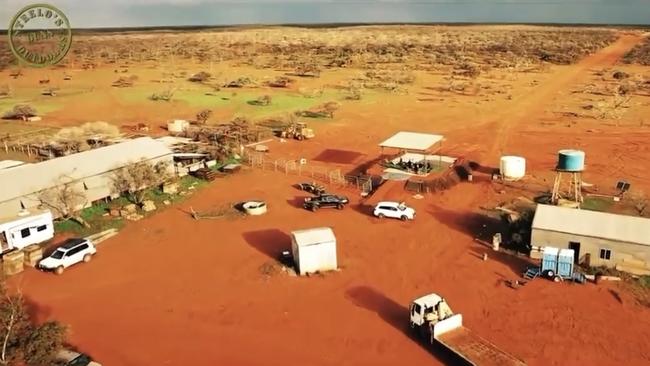
New laws were a killshot for Ella Valla station. Then Andrew Forrest swooped
For years, tourists would come to Shane Aylmore’s remote cattle property in WA, paying huge sums to fire enormous long-range weapons into the outback. In just one night, it was game over.
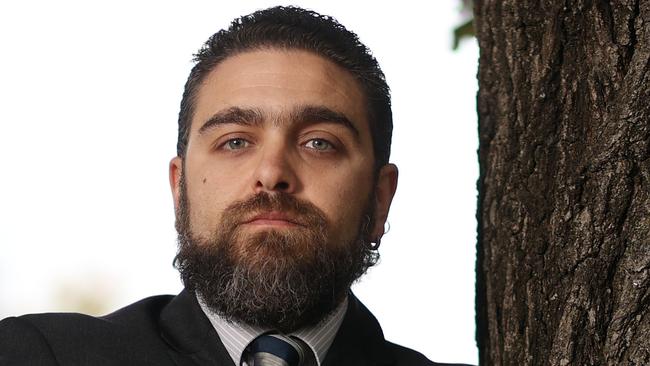
Gun, data reforms ‘would save cops’ lives’
‘Real time’ information would enable police to do a proper risk assessment before entering a property.
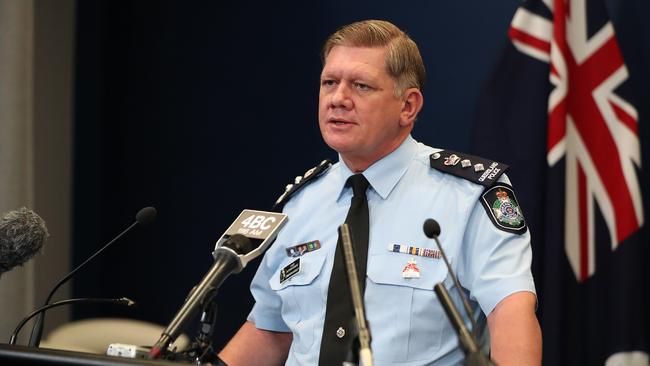
Outdated registry ‘is a threat to police’
Queensland’s firearms registry is still not fit-for-purpose and is putting police officers and the general public at risk, nearly three years after a warning from the auditor-general.
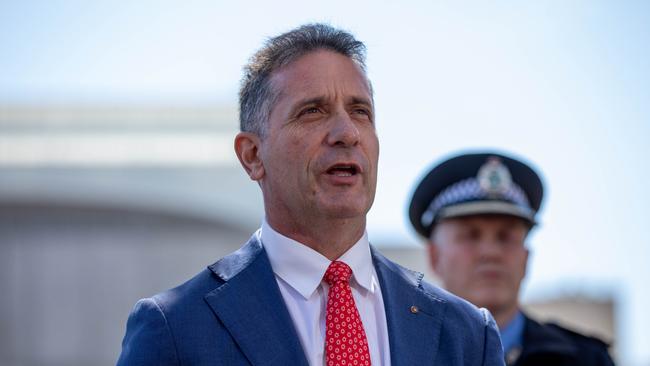
Up to 130,000 WA guns off the street
WA will become the first Australian jurisdiction to limit how many firearms a shooter can legally own, as the Labor government wants to slash the number of legal guns by about one-third.
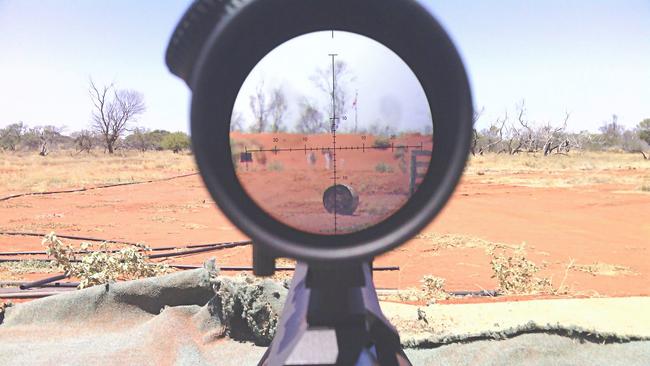
Federation fail: Patchwork of laws keep sniper rifles on our streets
High-powered .50 cal guns banned for being too dangerous by some states are legal over the border, as states and territories fail to harmonise gun laws or agree to a national gun registry.
The three culprits were identified as extremist Christian conspiracy theorists, who believed the “end of days” was approaching and that the police were evil.
One of the shooters, former school principal Nathaniel Train, was a suspended Queensland gun licence holder, and had firearms registered in Queensland and NSW. Two of his registered guns were recovered from the Wieambilla property after the shootings, along with four unregistered firearms.
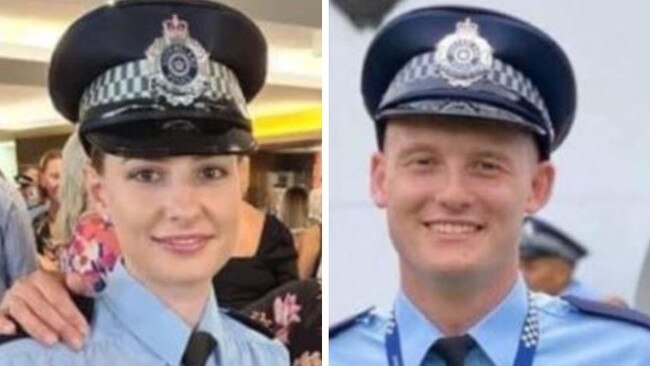
Last-minute funding negotiations are continuing in the lead-up to Wednesday’s national cabinet meeting, after Mr Dreyfus told police ministers the financial fight over the register would be settled by the end of the year.
Victoria, South Australia, the ACT and the NT are digging in their heels, pressing the federal government to pay more of the estimated $200m cost to get the national register up and running.
All jurisdictions, apart from NSW, which is already mostly digital, must upgrade their own ageing and largely paper-based weapons databases to be compatible with a real-time online national gun registry.
A meeting of the nation’s treasurers in Brisbane on Friday failed to solve the impasse, though the states and territories said they had worked out a “funding framework that will fairly share the final costs with the commonwealth government” but could not get federal Treasurer Jim Chalmers to agree to it.
A spokeswoman for ACT Chief Minister and Treasurer Andrew Barr told The Australian he had pushed for the national registry’s “procurement process to deliver effectiveness, community safety and value for money”, after some jurisdictions baulked at the $200m-plus price tag.
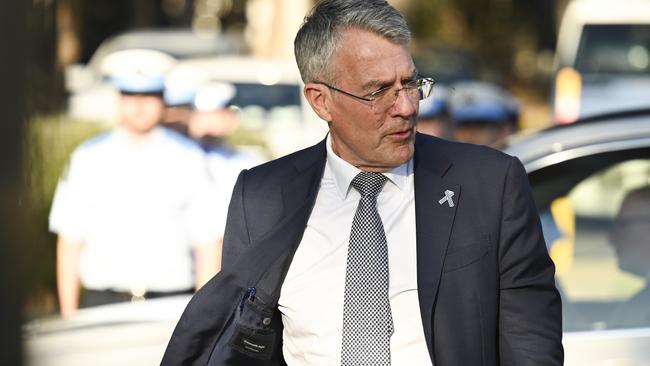
Mr Dreyfus’s department is leading the design of the new system, and it is believed two of the Australian Criminal Intelligence Commission’s existing databases – the Australian Firearms Information Network and the National Criminal Intelligence System – will be technologically upgraded to link to the revamped state and territory registers.
The PFA has also lobbied Mr Dreyfus to ensure ammunition purchases are entered into a register, as well as the buying of firearm accessories, magazines and gun parts.
Mr Weber said RSPCA inspectors and state wildlife rangers should be given access to certain information contained in a national register, and should also be able to contribute intelligence.
He said a national register would “provide real-time information for frontline officers attending incidents; in particular, incidents where a firearm may be available to an offender”.




To join the conversation, please log in. Don't have an account? Register
Join the conversation, you are commenting as Logout